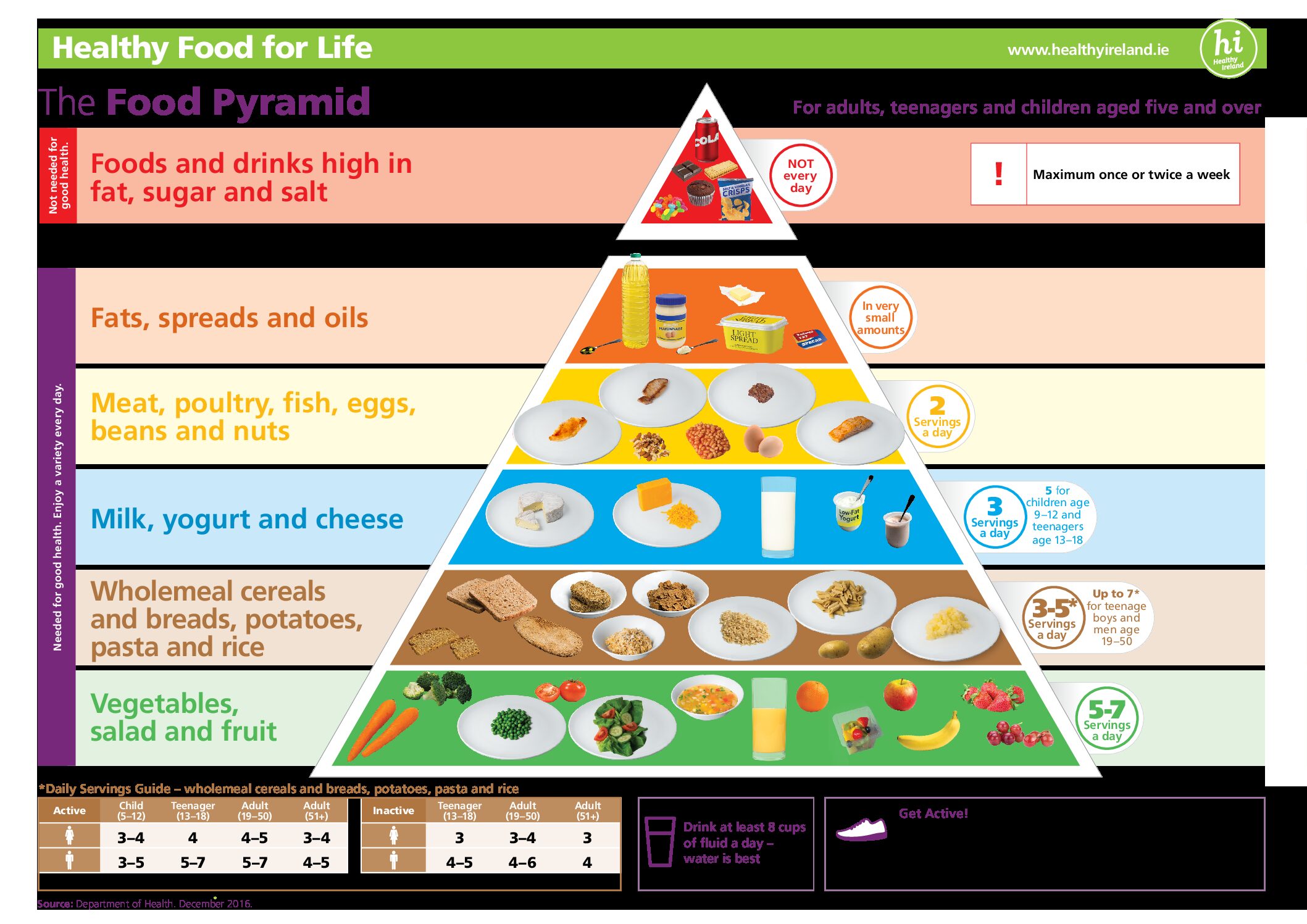Have you ever wondered what nutrients you might need?
Good nutrition is important to support the body. Food gives us energy to do many different activities, like gardening, going for walks, swimming, shopping. Any activity that you need to move, even getting out of bed, you need energy! However, if the body is missing important nutrients, it can cause what is known as deficiencies.
We always hear about the importance of eating healthy, but have you ever stopped to ask yourselves why?
In this blog, we’re going to look at common deficiencies in men.
A study by Damanpreet Kaur looked at nutrition for older adults, and the results of various deficiencies in carbohydrates, proteins, fats (which we need in large amounts) and vitamins and minerals (like vitamin C and Calcium, which we need in small amounts. They stated there are many reasons why someone would suffer with deficiencies- these include not eating as much, which is common for many people as they get older. With a list created by Karla Walsh for eatthis.com, we will look at some vital nutrients for your health, common deficiencies found in males, and how to help prevent them.
1). Protein
Protein is needed for growth, building muscle, and repairing cells. When someone is lacking in protein, this can result in loss of muscle, difficulty to balance yourself, and tiredness. There is a condition known as kwashiorkor (Kwa-she-aw-kaw), caused by not eating enough protein (and important vitamins and minerals). According to the HSE, this is a severe form of malnutrition. Symptoms include loss of muscle mass, dry brittle hair, tiredness, and irritability. Sources of protein: meat/poultry and eggs are the best sources of protein. For vegetarians, protein can be found in nuts as well as tofu and lentils. Chicken and turkey are the best sources of protein for someone on a low-fat diet, as they have the lowest amount of saturated fats, and more protein content.
2). Vitamin B12
If there’s one thing you take from this post, it’s the importance of B12 not only makes red blood cells, but also your nerves. If you’re not getting enough vitamin B12 you can experience headaches, paleness, feeling tired, and less hungry. Adult men under 50 need 2.4 micrograms of B12 a day, while men over 50 need between 100-400 micrograms a day. The difference is because, as men get older, their bodies ability to absorb this vitamin will drop, so you would need to get more B12. If you’re concerned about your vitamin B12 levels, don’t hesitate to consult your local pharmacy.
Sources: Vitamin B12 is mainly found in fish like trout and salmon. You can also find it in beef liver, dairy products (milk and cheese), and it can be added to breakfast cereals, like Kellogg’s Cornflakes, and All-Bran! Next time you got shopping, see if you can find any cereals that has the word “fortified” on the label. Supplements are also available in pharmacies.
3). Omega 3
Omega 3 is a nutrient that helps keep the body healthy; it’s another energy source that keeps your heart, lungs, and immune system (which protects your body from fighting infection) working. It had been praised for aiding in healthy brain development in babies and children. In adulthood, eating sources of Omega 3 can lower your cholesterol and blood pressure. In turn, Omega three can improve heart health.
Omega 3 can’t be made in the body, and therefore must be eaten. Lacking in omega-3 can cause rashes on the skin, dry skin, brittle hair, fatigue, and trouble sleeping. The HSE recommends that you should eat 2-4 portions of omega 3 sources a week to lower the risk of a heart attack.
Sources: Oily fish (salmon, mackerel or trout are excellent sources!), eggs, and walnuts.
4). Vitamin C
Also known as Ascorbic Acid, Vitamin C is a nutrient that helps the body make blood vessels, muscle, and collagen in bones. It also helps the body heal from injury (like small cuts for example). A severe form vitamin C deficiency is called scurvy; this is a disease causes fatigue, anaemia (where your body had less red blood cells then normal) and gum disease (which can eventually result in loss of teeth). Symptoms include feeling tired (as a result of anaemia) , easily bruised skin, and/or irritability. Sources: citrus fruits like oranges, bell peppers, and strawberries. Supplements are also available.
5). Vitamin D
People of all ages need vitamin D to help regulate their calcium and phosphate levels in the body. In other words, it helps your bones and teeth stay healthy. However, it is found in that the Irish adult population have low levels of Vitamin D.
Osteoporosis, or ‘brittle’ bones is a common result of low levels of calcium and vitamin D in the diet. According to the Irish Osteoporosis Society, there is approximately 300,000 people in Ireland living with Osteoporosis. In order to prevent this, it is important for men under 70 years of age to get 15mcg vitamin D per day, and 20mcg for men over 70 years of age.
Sources: dairy products, green leafy veg, skin on salmon. You can also get vitamin D from sunshine!
For more information on healthy eating, please visit – https://www.hse.ie/eng/about/who/healthwellbeing/our-priority-programmes/heal/healthy-eating-guidelines/
